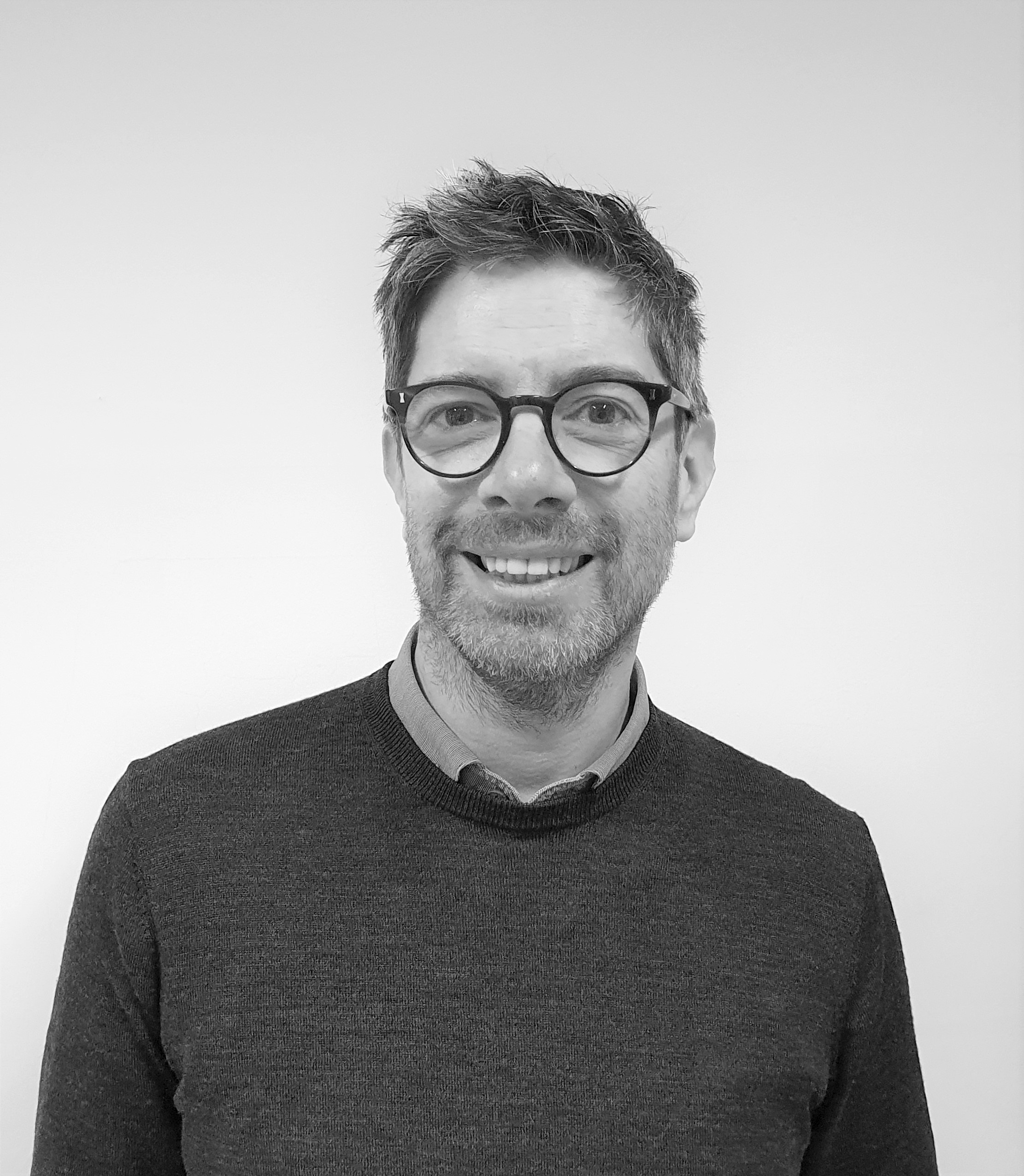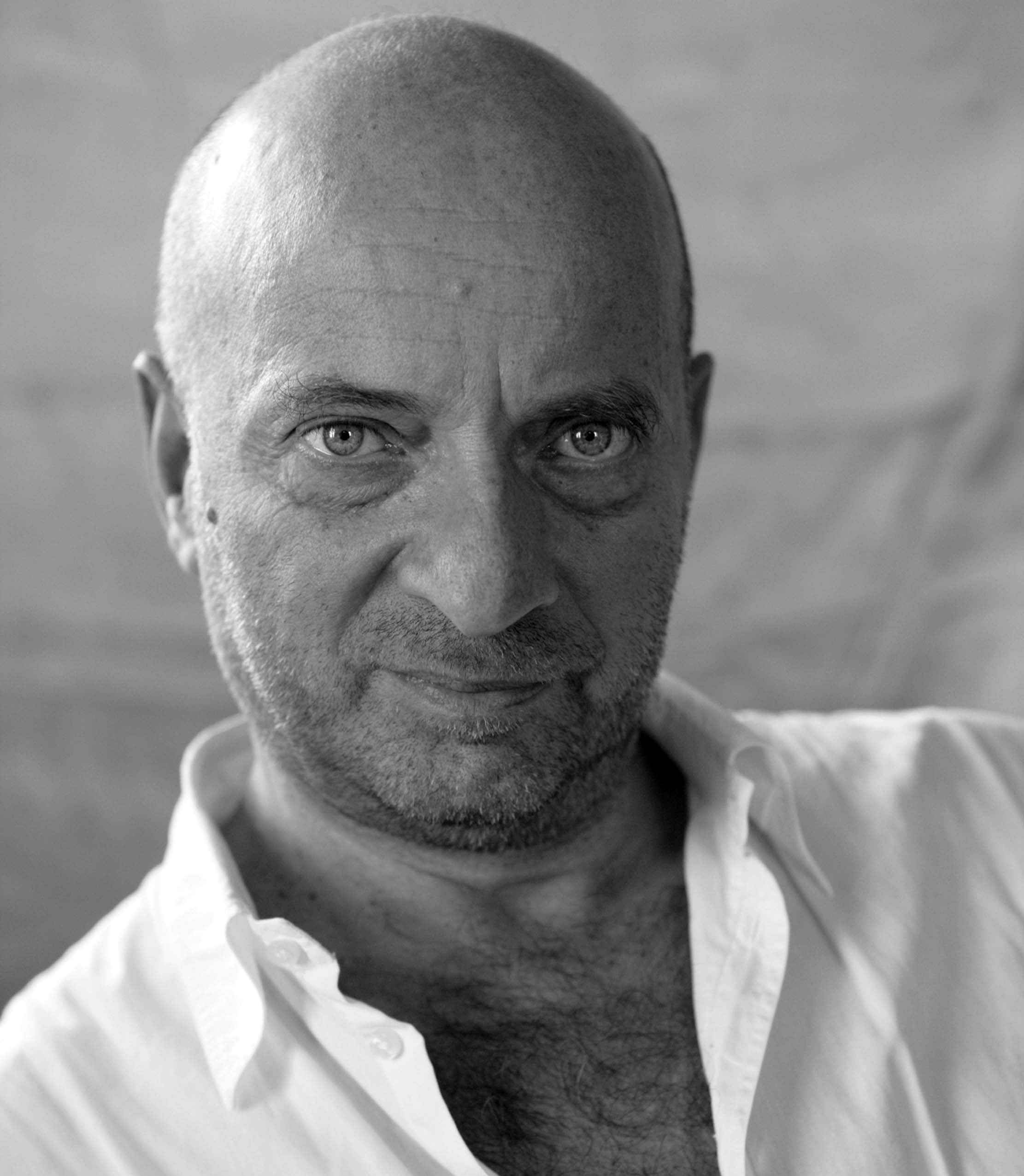About SAGA - Suleman Annual Grant for Arts
About SAGA
The arts and culture represent one of the few areas within society where people can come together to share an experience – even if they see the world in radically different ways. The underlying importance lies not in agreeing upon the shared experience, but to consider it a worthwhile shared moment.
On Sunday, October 27, 2019, the sudden shut down and vandalism of Adeela Suleman’s installation titled, The Killing Fields of Karachi, displayed at the Frere Hall, Karachi as part of the Karachi Biennale 2019 marked a significant shift in the history of art in Pakistan. The installation included 444 concrete pillars, anchored with wilted metal flowers; each pillar representing a victim of extrajudicial killings, perpetuated by the very forces that are created to preserve the security of the citizens. The site also exhibited a short film by the artist featuring Muhammad Khan, the father of Naqeebullah Mehsud was allegedly assassinated in an unjustified police encounter. Suleman with the help of Naqeebullah’s bereaved father, conveyed the story of his death.
Since then, the incident of the demolition of Suleman’s artwork has had several after-lives in moments of discourse on matters of censorship, vandalism, freedom of expression or political engineering to protect suspected criminals and convicts. This was much to the dismay of the local authorities who were expecting artwork that could not be an immersive experience: alluding to a graveyard in a public place, questioning the hierarchies of oppressive power. The seizure of the installation solicited massive public response and had widespread digital viewership and extensive media coverage. With the intention to express solidarity and support for young creative practitioners who believe in their inner voices and are keen to make them public, Adeela Suleman in the loving memory of her father Mohammad Suleman and Mohammad Khan, father of Naqeebullah Mehsud has initiated the Suleman Annual Grant for Arts.
Board Members of SAGA
Quick Links
Newsletter
Sign up to receive updates
All Rights Reserved






